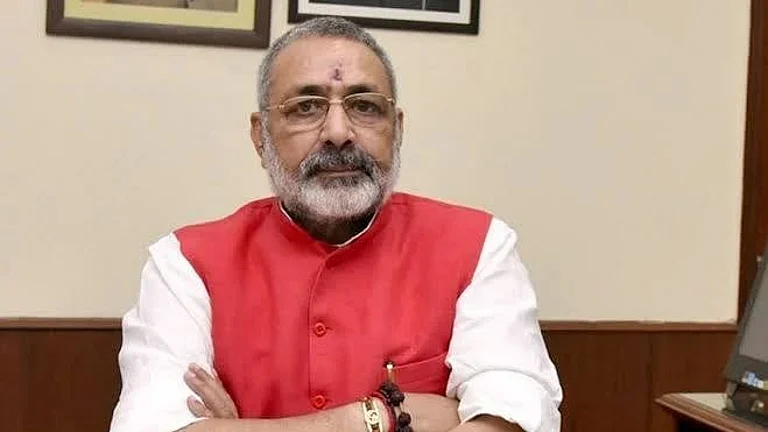In a bold move to reshape its economic landscape, India has launched a groundbreaking policy aimed at propelling its bioeconomy to an impressive $300 billion by 2030. Over the last decade, the sector has grown by a staggering 13 times, and this new initiative positions India as a key player in the global bioeconomy revolution.
India’s bioeconomy, which surged from $10 billion in 2014 to over $130 billion in 2024, is set for further expansion under the newly introduced Biotechnology for Economy, Employment and Environment (BioE3) policy. Jitendra Singh, Minister for Science and Technology, announced the policy’s objectives at a press briefing, emphasising its potential to drive the sector’s growth to $300 billion by the end of the decade.
The BioE3 policy is designed to tackle critical global challenges, including climate change and the depletion of non-renewable resources, by promoting a shift from chemical-based industries to sustainable, bio-based models. It aims to foster a circular bioeconomy, advocate for net-zero carbon emissions, and encourage the development of bio-based products.
The concept, which revolves around the sustainable use of renewable natural capital and investing in biodiversity, has already gained traction in the European Union under the ‘Green Taxonomy’ framework, where governments certify sustainable activities.
India’s commitment to achieving net-zero carbon emissions by 2070 is a cornerstone of this policy. The government estimates that between $10 trillion and $15 trillion in new investment will be required to meet this target. Last year, India took a significant step in this direction by issuing its first sovereign green bonds, raising 80 billion rupees, equivalent to nearly $1 billion.
The BioE3 initiative, with its focus on sustainability and innovation, is poised to play a crucial role in not only driving economic growth but also ensuring that India’s development remains within the ecological boundaries of the planet.































